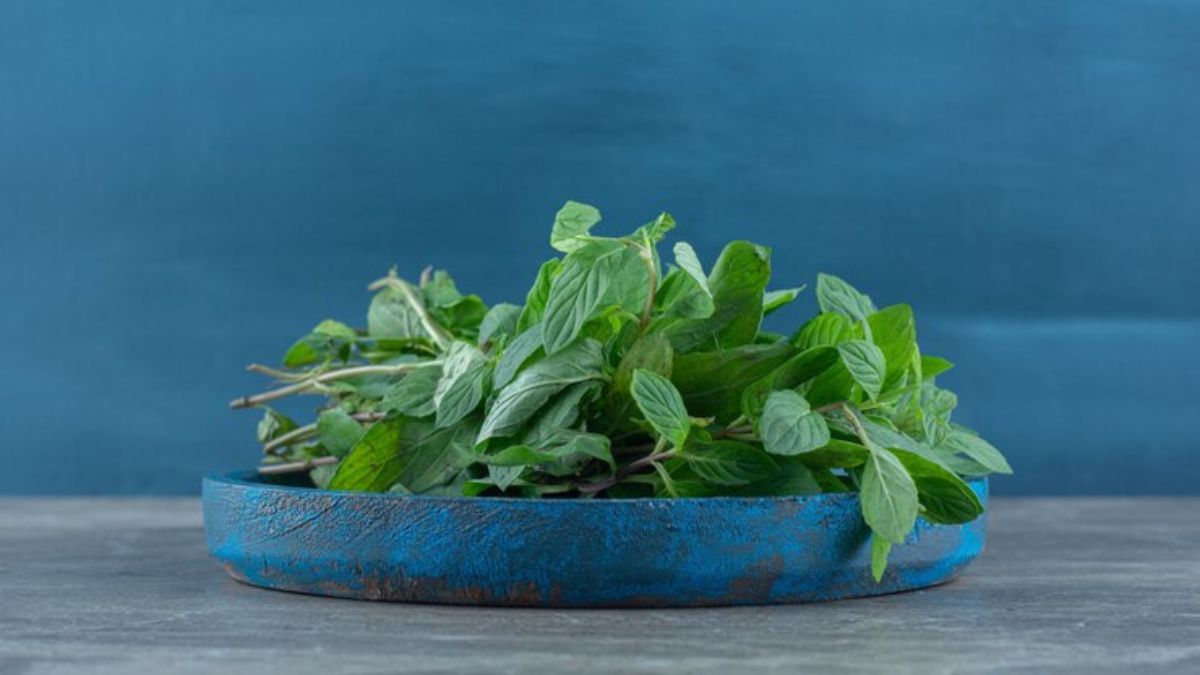
According to Ayurveda, during the early winter (Hemanta Ritu) from November to January and the late winter (Śiśira Ritu) from January to March, the overall strength and digestive fire (Agni) of an individual are at their peak. Just as fire consumes everything in its path, the intense digestive fire during this season can lead to the depletion of body tissues. Therefore, it is recommended to consume foods that are predominantly sweet, sour and salty in taste as these help to nourish the body, balance the strong digestive fire and prevent excessive depletion.
Table of Content:-
According to Dr Meera, Ayurveda Physician, AVP Research Foundation, “During early and late winter, children are more prone to illnesses like cough, cold, sore throat, asthma and skin problems due to weakened digestive fire, which lowers immunity. Prakara Yogas, as outlined in Arogyakalpadruma, are traditional practices designed to boost immunity and prevent diseases in children. These are typically administered in powder or ghee form from birth to 12 years of age, enhancing non-specific immunity and helping to prevent common childhood ailments.”
Winter Immunity-Boosting Herbs for Children
Here are some of the top immune-boosting herbs for the winter season in Ayurveda indicated for children-
1. Ashwagandha (Withania somnifera)
Ashwagandha is an adaptogen that helps the body adapt to stress and strengthens the immune system. It is considered Vata and Kapha balancing and its warming nature makes it an excellent choice during the cold winter months. Ashwagandha also supports the body's natural defense mechanisms, enhances stamina, reduces fatigue and promotes mental clarity. Ashwagandha can be used more liberally in powder form, either mixed with milk, ghee or honey. A typical dose might be 1/4 to 1 teaspoon of ashwagandha powder, depending on the child's health and needs.
Also Read: 7 Health Benefits of Drinking Ashwagandha Milk Regularly
2. Tulsi (Ocimum sanctum)

Tulsi, also known as Holy Basil, is valued as a sacred herb in Ayurveda for its adaptogenic, antimicrobial and immunomodulatory properties. It is particularly beneficial in the winter when the immune system is more susceptible to external pathogens as Tulsi strengthens the immune system, detoxifies the body, and protects against colds, coughs and flu-like symptoms. It is also excellent for respiratory health, soothing the lungs and clearing excess mucus. Fresh or dried Tulsi leaves can be steeped in hot water to make a mild tea. This can be consumed as a daily drink or during periods of illness. The dose can be about 1-2 leaves of Tulsi in warm water, and this can be given once or twice a day.
3. Guduchi (Tinospora cordifolia)
Guduchi or Giloy is an ancient herb known for its immune-boosting, detoxifying and anti-inflammatory properties. Guduchi is a rasayana herb (rejuvenator) that helps improve digestion, enhances immunity, and is considered a natural remedy for fevers, infections, and autoimmune disorders. Guduchi also helps fight free radicals which can weaken immunity. Guduchi can be consumed in the form of a decoction or syrup mixed with Tulsi or Honey (for children over 1 year) to help clear congestion and ease breathing. Guduchi can be included in energy-boosting formulations or given in small doses in the form of Guduchi powder mixed with milk or water to rejuvenate the body.
Also Read: Here Are 7 Lesser Known Health Benefits of Giloy Beyond its Immunity Boosting Properties
4. Turmeric (Curcuma longa)

Turmeric in Ayurveda is valued for its anti-inflammatory, antioxidant and immunomodulatory properties. It is particularly beneficial during the winter season for its ability to combat cold-related conditions like joint pain, coughs and respiratory issues. Curcumin, the active compound in turmeric, enhances immune function, reduces inflammation and has a warming effect on the body. It is effective in treating respiratory infections, seasonal flu, and digestive issues by improving Agni (digestive fire).A common preparation for children is turmeric milk or golden milk, where a pinch of turmeric is added to warm milk along with ghee or honey. It can also be included in small amounts in children's diets, such as in rice, soups, or vegetables, to aid in digestion and reduce bloating or gas.
5. Triphala
Triphala is a traditional Ayurvedic formulation made from the three fruits: Amalaki (Indian Gooseberry), Bibhitaki and Haritaki. This combination is known for its digestive, detoxifying and immune-boosting properties. Triphala helps to balance all three doshas (Vata, Pitta and Kapha), enhances digestive health and supports detoxification. It promotes the elimination of toxins from the body, which in turn improves immune function. The high vitamin C content from Amalaki makes it especially effective in fighting winter infections and colds. Start with a pinch of Triphala powder mixed with warm water or milk. This can be given once daily, especially if the child is experiencing digestive discomfort or constipation.
As winter brings colder temperatures and seasonal illnesses, supporting children's immune systems with natural remedies is essential. Ayurvedic herbs like Tulsi, Ashwagandha, Guduchi, Triphala, Turmeric are highly effective for boosting immunity, improving digestion, reducing inflammation and fighting infections. By including these herbs in age-appropriate doses through teas, powders or syrups, parents can help keep their children healthy during the colder months. It’s important to consult an Ayurvedic practitioner for the right use and dosage. With these time-tested herbs, parents can strengthen their child’s immunity and ensure they stay healthy throughout winter.
Also watch this video
How we keep this article up to date:
We work with experts and keep a close eye on the latest in health and wellness. Whenever there is a new research or helpful information, we update our articles with accurate and useful advice.
Current Version